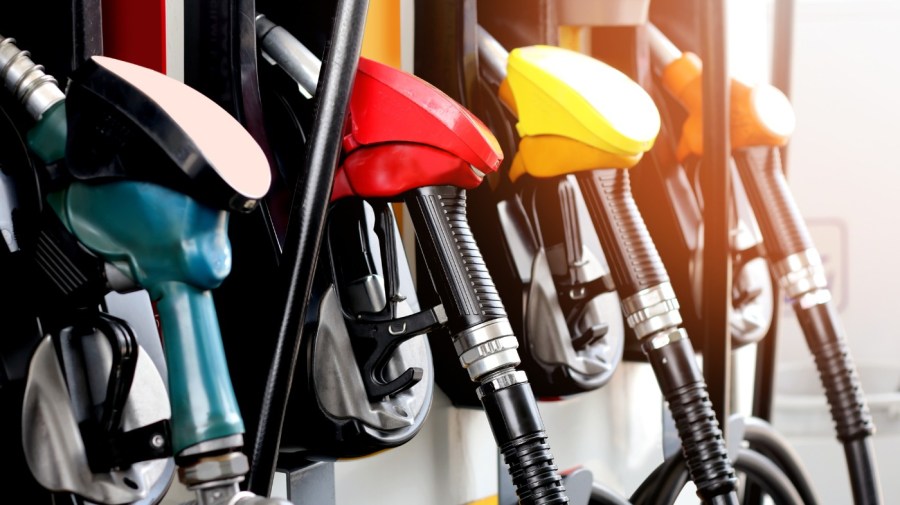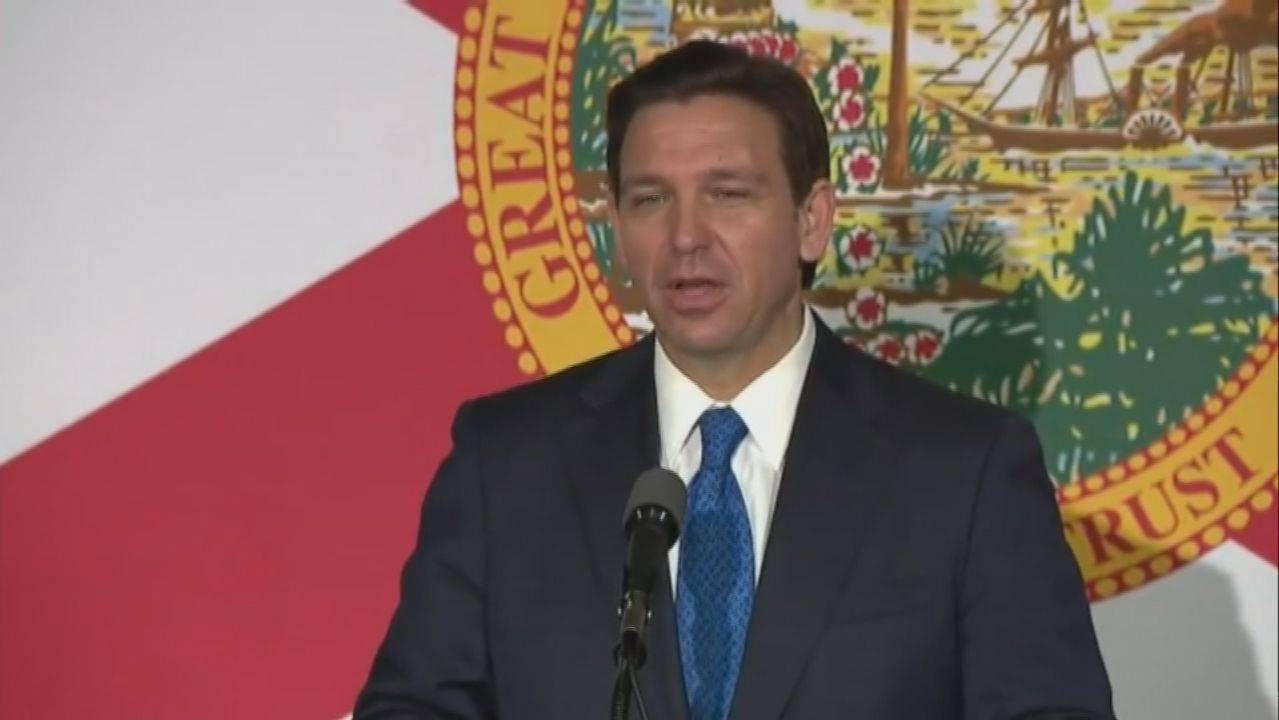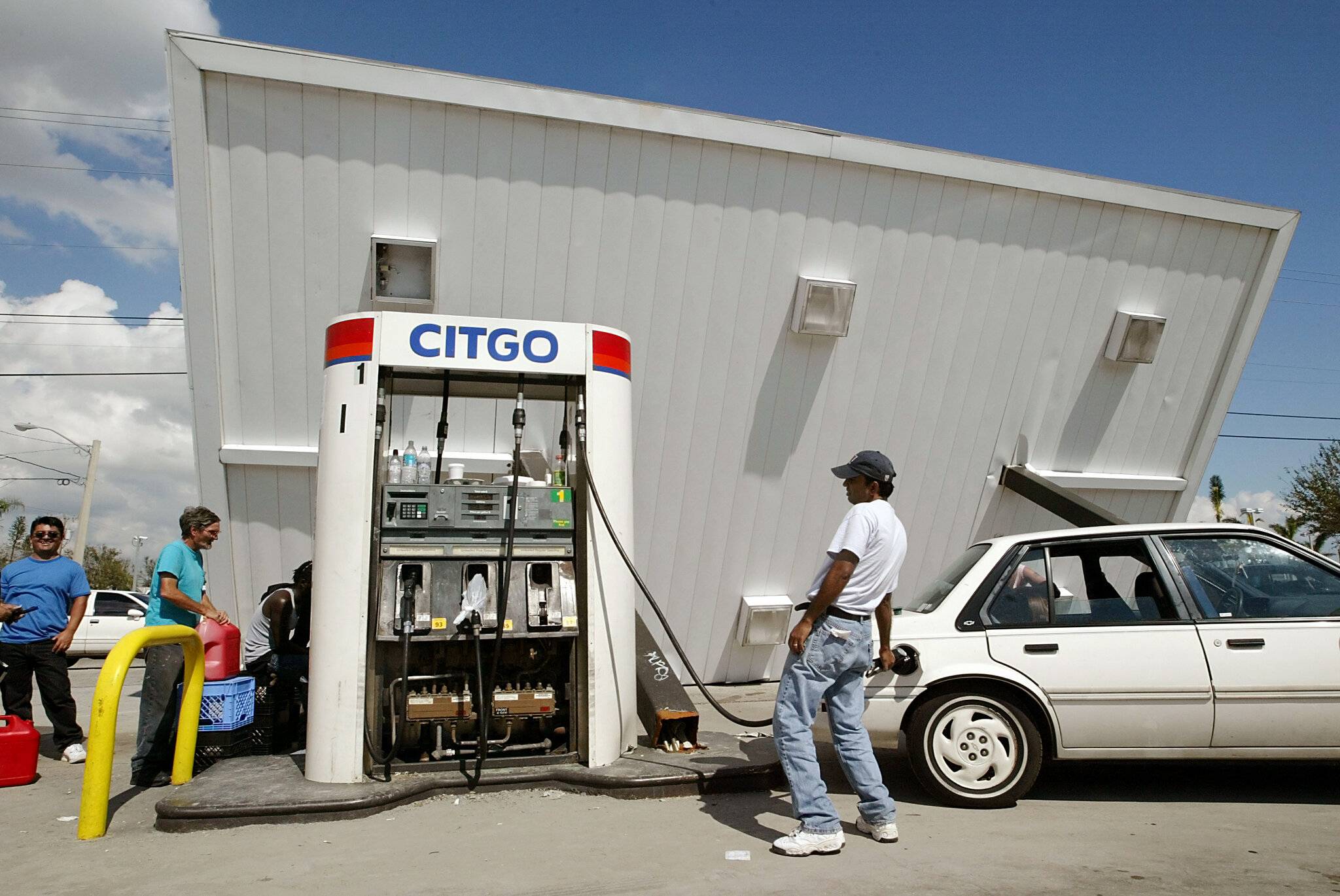

Fueling Concerns: Florida's Alert on Contamination as Tropical Storm Idalia Looms

As Tropical Storm Idalia approaches Florida, concerns about potential contamination and its impact on the state's residents and environment have been raised. The Florida government has issued an alert to address these concerns and ensure the safety of its population.
One of the major concerns during tropical storms or hurricanes is the potential for sewage contamination. Heavy rainfall and flooding can overwhelm sewage systems, leading to the release of untreated or partially treated wastewater into rivers, lakes, and coastal areas. This can contaminate water sources and pose health risks to both humans and marine life.
For example, in the aftermath of Hurricane Harvey in 2017, the Houston area experienced significant sewage overflows, leading to the release of millions of gallons of untreated wastewater into local water bodies. This resulted in high levels of bacteria and other pathogens in the water, making it unsafe for recreational activities and potentially causing waterborne diseases.
To address these concerns, the Florida government has taken several measures. First, they have urged residents to take precautions and avoid contact with floodwaters, as they may contain harmful substances. They have also advised people to boil tap water or use bottled water for drinking and cooking if there is a possibility of contamination.

Furthermore, the state's Department of Environmental Protection (DEP) closely monitors water quality before, during, and after tropical storms. They conduct regular water sampling to detect any contamination and issue alerts if necessary. The DEP works in collaboration with local authorities and utilities to ensure the proper management of wastewater and prevent any potential contamination events.
In addition to sewage contamination, there are concerns about the release of hazardous materials during storms. Industrial facilities, chemical plants, and storage sites may be at risk of flooding or damage, which could lead to the release of toxic substances into the environment. For instance, in the aftermath of Hurricane Katrina in 2005, several oil refineries and chemical plants in Louisiana were damaged, resulting in the release of pollutants into the surrounding areas.
To mitigate the risks associated with hazardous materials, Florida has implemented strict regulations for industrial facilities and storage sites, requiring them to have proper emergency response plans in place. These plans include measures to secure hazardous materials during extreme weather events and to prevent their release into the environment.
Overall, Florida's alert on contamination as Tropical Storm Idalia looms demonstrates the state's proactive approach in addressing potential risks to public health and the environment. By issuing warnings, providing guidance, and closely monitoring water quality, the government aims to minimize the impact of contamination and ensure the safety of its residents.
Related Posts
© 2026 Invastor. All Rights Reserved

User Comments